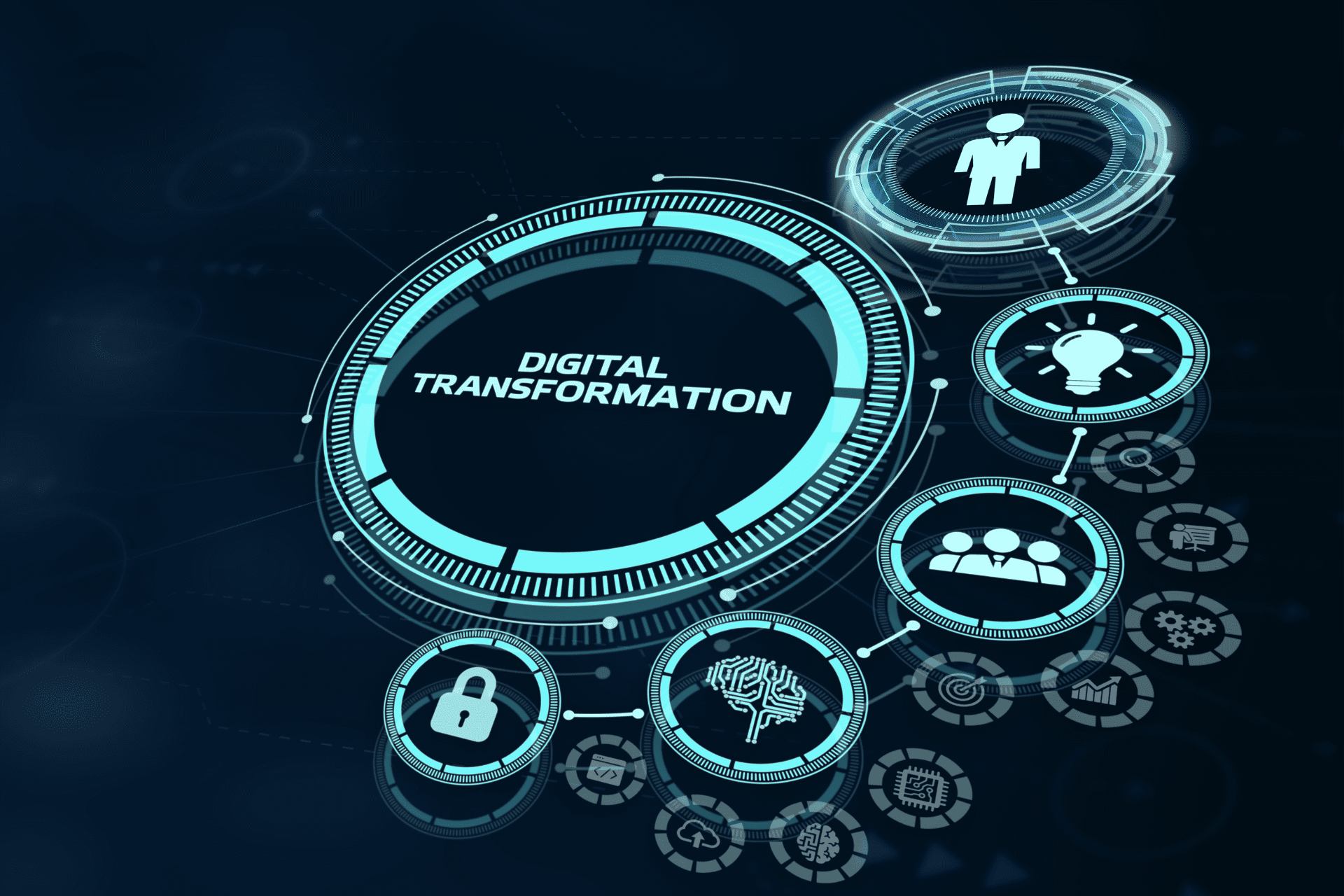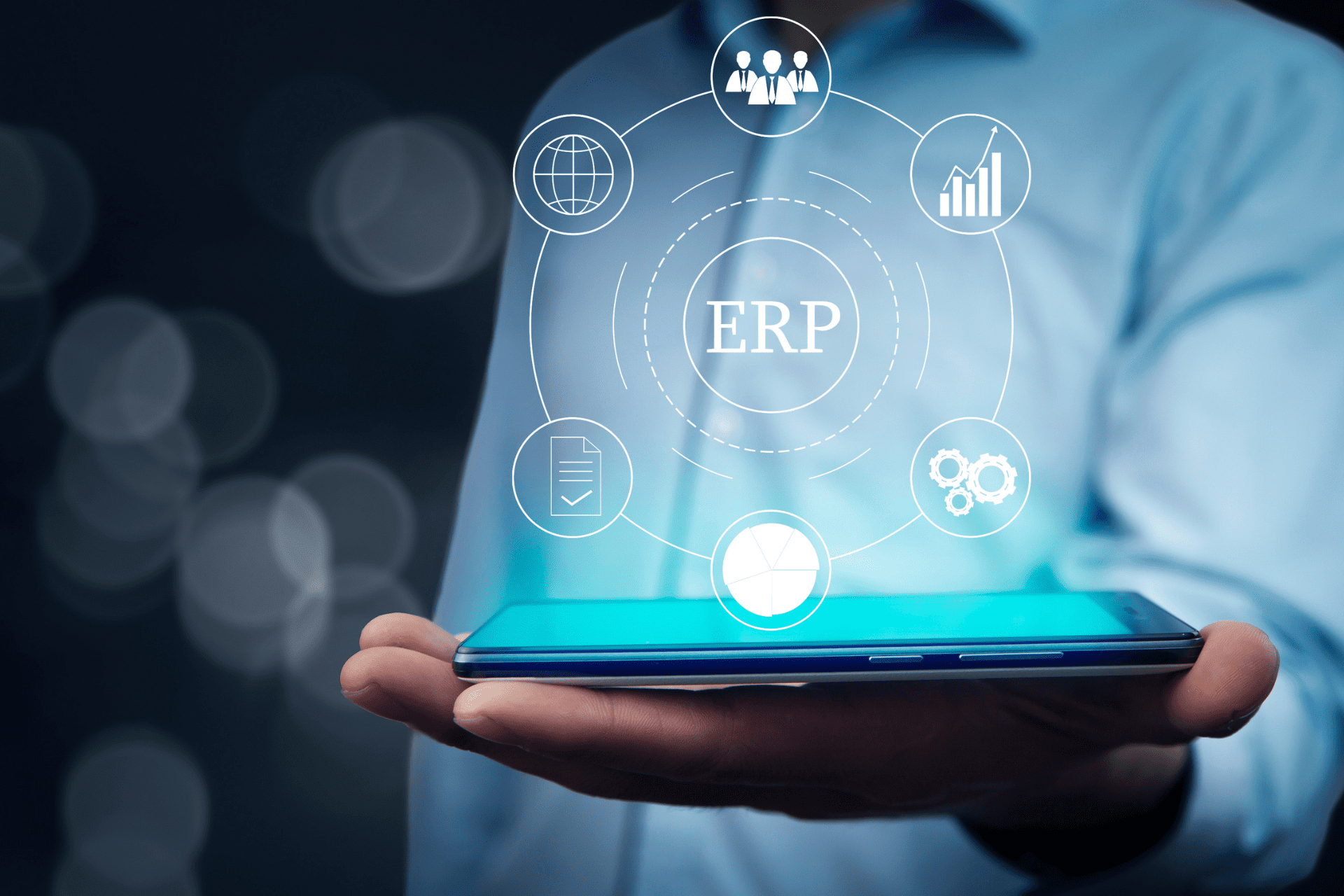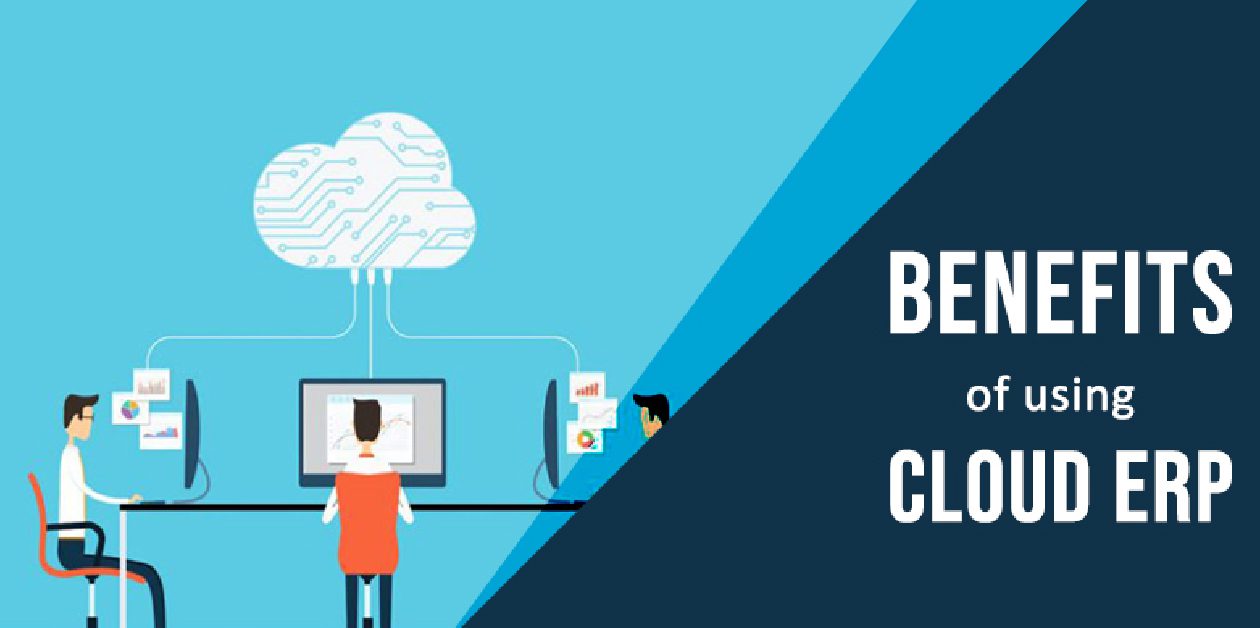Share
Read also

Trends & Views
Digital transformation strategies

Business Software
CRM 2025 market: Response to increasing customer demands

Business Software
Understanding the ERP lifecycle management

Mobility
How is EM shaping the way SMBs operate?
Cloud ERP adoption rates have increased in recent years and, according to surveys, this market is expected to exceed 178 billion by 2030, with a CAGR of 12.1%. Since the beginning of 2023, it has become obvious that businesses are choosing to automate as many tasks as possible, restricting human intervention exclusively to processes requiring critical thinking, which has led to increasing adoption of cloud-based solutions. Find out the 6 main drivers.
Enhanced security
There are still those that think that cloud ERP solutions are not as secure as on-premises systems, thus remaining skeptical about keeping their sensitive data in the cloud. From cutting-edge data encryption, multi-factor authentication, and 24/7 monitoring of all system components (OS, DB, network, etc.) to integrated, preventive threat detection mechanisms and SLAs, cloud solutions offer comprehensive security features that are commonly not found in on-premises ERP systems.
Regulatory compliance
Compliance with state regulations, ever-changing data management laws, industry standards and corporate quality initiatives, often prove a challenge for small and medium businesses. Cloud ERP systems ensure the right tools, security and agreements are in place to support compliance with local legal and regulatory requirements. With automated workflows and control paths, a cloud-based enterprise management system can provide the means to observe regulations, such as GDPR, and maintain the documentation required to mitigate risks and reduce compliance costs.
Disaster management and recovery
Cloud ERP solutions ensure a stable workplace and safeguard business continuity in case of technical issues and downtime. Cloud-based ERP systems are often supported by persistent disaster recovery policies and processes, such as automated data replication in individual availability zones, that are applied by the infrastructure providers, thus ensuring full protection from catastrophic data loss scenarios, such as security violations, theft, natural disasters, etc.
Scalability
Continuous disruption, innovation and process improvement are typical characteristics of today’s complicated business environment. In response to market changes, businesses can develop from a startup to a multinational organization or make the transition to another industry. And while scaling an on-premises system can be complicated and is usually expensive and requires a range of internal resources, the “virtual” infrastructure of a cloud ERP system allows businesses to easily scale up or down and optimize resource allocation depending on their needs.
Organizational communication
One of the main use cases of an ERP system is inter-department communication. A cloud ERP system takes communication a step further, enabling teams to access the tools they need, anywhere, anytime, via mobile devices or tablets. Cloud ERP synchronizes all data at the same time, in a central database, ensuring that everyone has access to the same version, with no errors or duplicates.
Lower operational cost
Cloud ERP systems have a low cost of implementation, compared to on-premises solutions, as they do not require any hardware installation.







